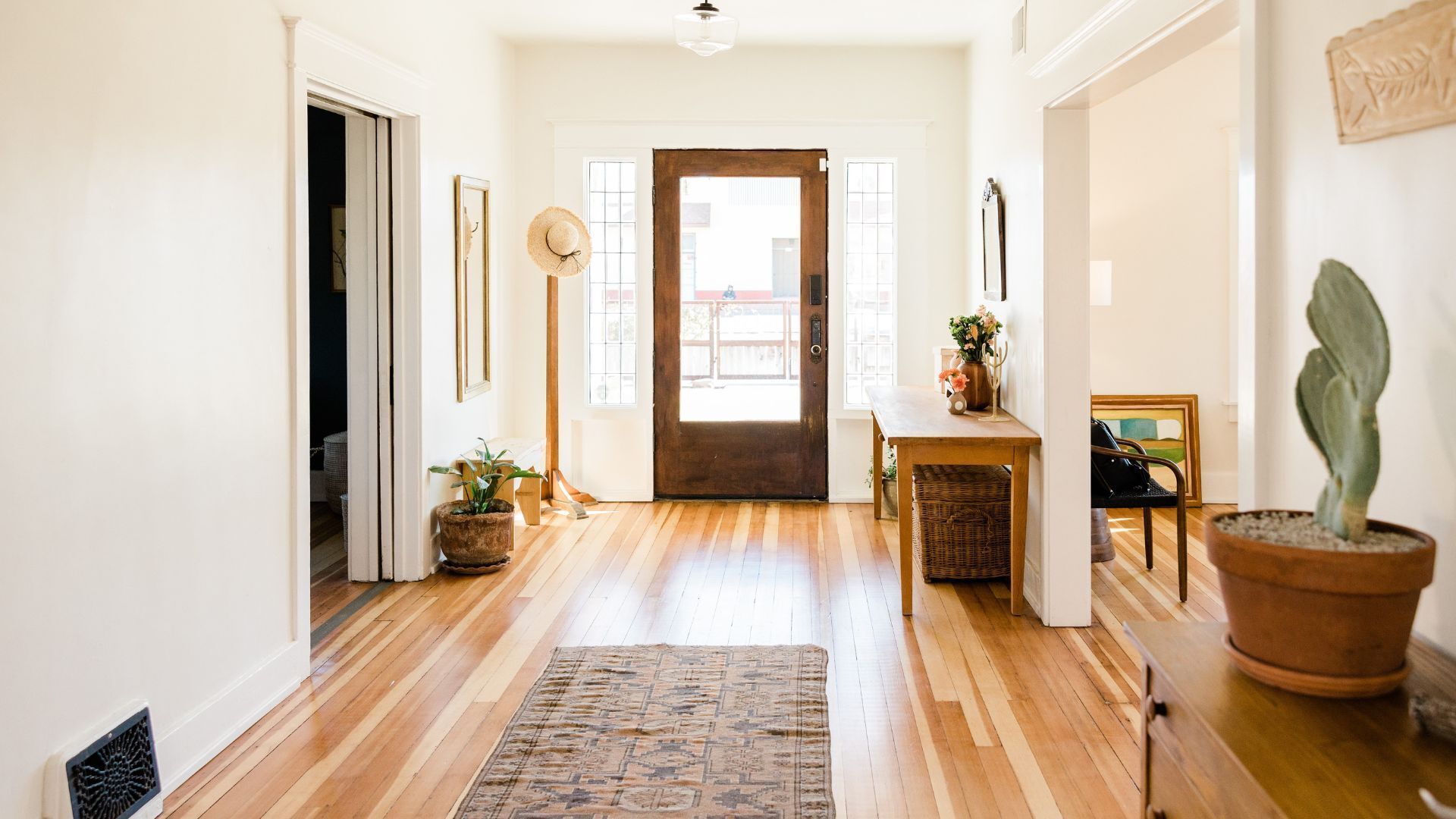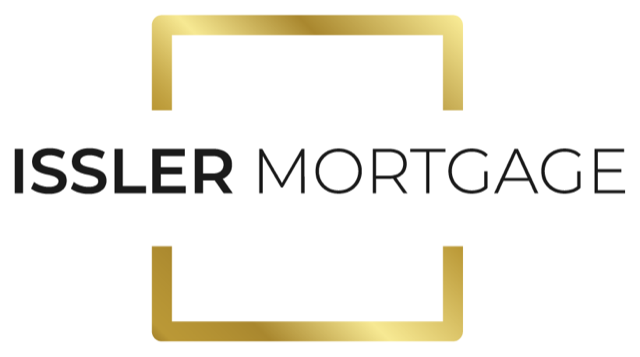New 2025 Program Allows Homeowners to Refinance Up to 90% for Secondary Suites: What You Need to Know
On October 8, 2024, the government announced a new program that will take effect on January 15, 2025, allowing homeowners to refinance up to 90% of their home’s value to create secondary suites. This is a significant increase from the current refinancing limit of 80%. The program aims to provide homeowners with more flexibility to unlock their home equity and add additional legal units like basement suites or laneway homes, provided they meet municipal zoning requirements and are not used for short-term rentals.
The program comes with specific guidelines, outlined by CMHC (Canada Mortgage and Housing Corporation), that include:
- Eligibility: Homeowners must already own their property, live in one of the existing units, and plan to add additional fully self-contained suites.
- Refinancing Details: Homeowners can refinance up to 90% of the property's value, including the value added by the new units. The maximum property value, once the new units are built, must not exceed $2 million.
- Loan Parameters: The loan-to-value limit will be 90%, and the maximum amortization period is 30 years. Any additional financing must not exceed project costs.
To give an example, under this new program, if a home is valued at $800,000, homeowners could now refinance up to $720,000 for building a secondary suite—$80,000 more than the previous limit of $640,000.
This program could be particularly beneficial for homeowners who have recently purchased their property and built up a moderate amount of equity, offering them an opportunity to create an income-generating suite or expand their home without needing to sell. As housing affordability continues to be a pressing issue in many parts of Canada, adding secondary suites could also contribute to easing the rental supply shortage.
While this program represents a significant step forward in unlocking home equity for homeowners, we are still awaiting specific guidelines from lenders. These rules will clarify how lenders will approach refinancing applications under this program. Stay tuned for further updates as more information becomes available from financial institutions.
This program is expected to spark significant interest, particularly from younger homeowners or those with growing families, as it offers a pathway to enhance both living space and long-term financial stability. Homeowners looking to leverage this new opportunity should consult with mortgage experts to fully understand the potential benefits and ensure they are making informed decisions.
If you're interested in how this program could benefit you or want to explore refinancing options to add a secondary suite, get in touch with a mortgage professional today.




